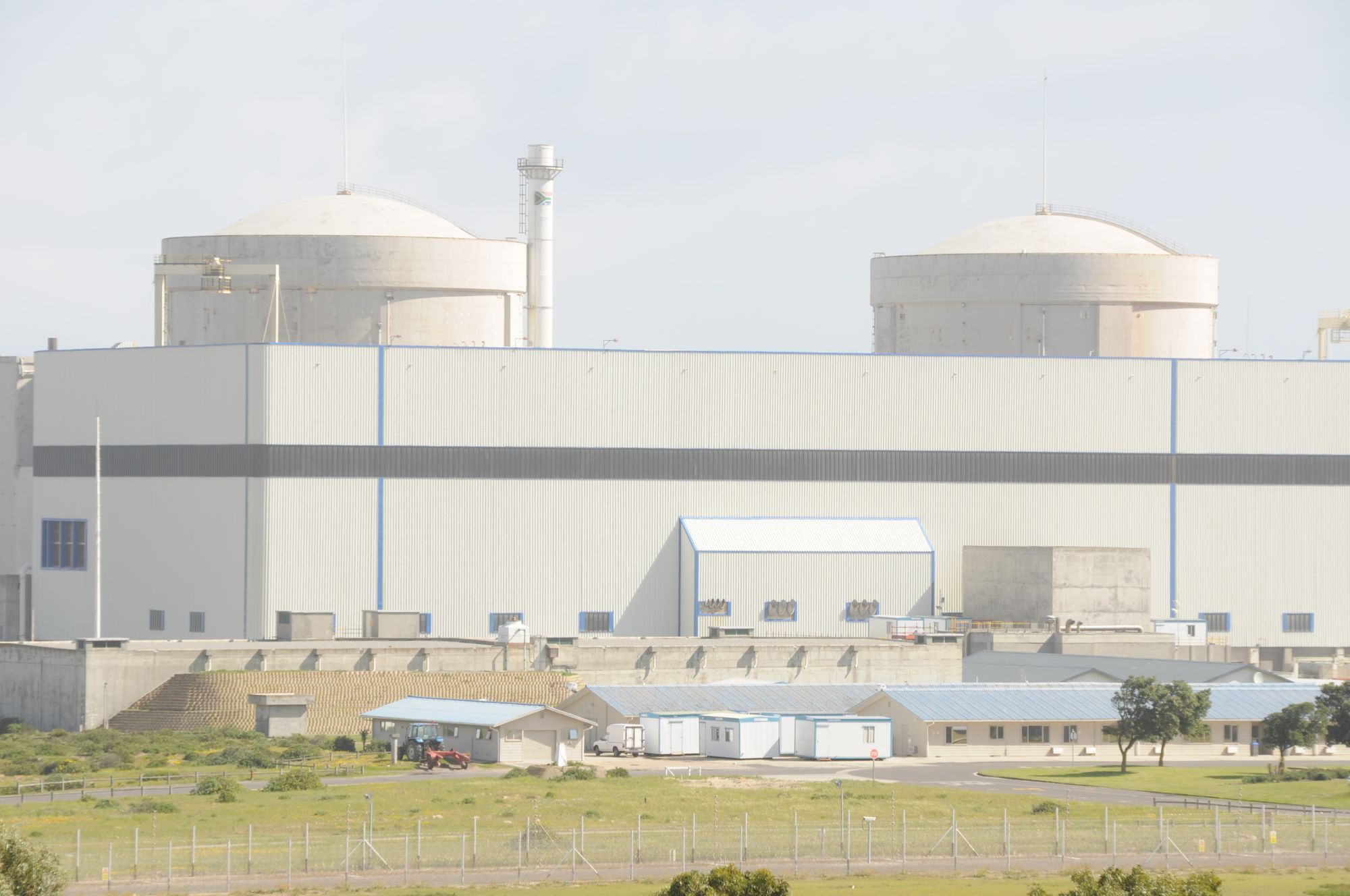
🔌 Nuclear power gains traction in Zimbabwe
Zimbabwe wants to invest in nuclear energy, and there is a lot pointing towards SMR:s, small modular reactors.
Share this story!
In Southern Africa, coal and water have been the mainstay of electricity production for a number years. Countries such as Zimbabwe, South Africa, Zambia and Botswana boasts of huge deposits of coal and water bodies. However, recently other energy sources such as solar and wind has also been adopted in the region to complement especially fossil fuels.
Most African countries are grappling with power shortages in urban areas while some rural areas are not even covered by the national grid. Some countries resort to importing power while others resort to load shedding to fill the gap. This calls for massive investment in the energy sector.
Despite having been used in European countries for a long time, nuclear energy are still not widespread in Africa in general. Reasons impeding nuclear energy development on the continent may include skill gaps and related costs.
Among the 16 member states of Southern Africa Development Community (SADC), only South Africa has a nuclear power station set up. It was built some 40 years ago and is placed in Cape Town. Other countries have only shown interests with no tangible progress on the ground.

The decision to implement nuclear power in South Africa was made as a result of strategic planning. It has turned out to be a very good decision.
As a way to diversify energy sources to meet power demand of about 1700MW during peak periods, Zimbabwe recently approved the Memorandum of Understanding (MOU) between the Southern African country and the Russian Federation State Atomic Energy Corporation to set up a nuclear power station.
Zimbabwe is currently generating about 1200MW of energy with balance being filled with imports from South Africa, Namibia and Mozambique.
Zimbabwe’s minister of information, publicity and broadcasting services, Monica Mutsvangwa told journalists in a press briefing that the memorandum seeks to facilitate higher level co-operation between Zimbabwe and Russia in the use of nuclear energy, by laying a foundation for the execution of the agreed areas of co-operation.
“Joint Working Groups will be established to identify specific projects to facilitate the co-operation, including exploring the feasibility of constructing a center for nuclear science and technology. Zimbabwe has not been spared from the impact of climate change which has, among other effects, seen the decline of water levels in Lake Kariba," said Mutsvangwa .
“Alternate source of energy will remove dependence on Lake Kariba (power station). The anticipated co-operation in the use of nuclear energy for peaceful purposes will provide alternative sources of energy which Zimbabwe needs,” she added.
Small stations could be a solution
Nuclear Industry Association of South Africa managing director, Knox Msebenzi believes that nuclear power is a sensible and sustainable option for Africa. He lays out his arguments in an article.
“Nuclear is most certainly a source of sustainable clean energy. Nuclear is highly regulated and therefore a robust nuclear regulator is required. Small Modular Reactors (SMRs) are currently being developed which are ideal for deployment in virtually any location. Large conventional nuclear can be 3,000MW in size whereas an SMR is only about 100MW in output,” he writes in an article.
Small modular reactors offer a lower initial capital investment, greater scalability, and siting flexibility for locations unable to accommodate more traditional larger reactors. They also have the potential for enhanced safety and security compared to earlier designs. Deployment of advanced SMRs can help drive economic growth.
According to World Nuclear Association Russia commissioned the first ever SMRs in 2019 with other countries expected to follow suit.
Msebenzi noted that with new technologies production costs have been reduced.
“In the case of Small Modular Reactors, the fuel is extremely small in volume and is also of robust construction. That means that it is quite feasible to transport nuclear fuel overland for thousands of kilometres. It is also entirely feasible to stockpile a fuel supply which could last for months, or years if need be,” he writes.
Some argues that Africa do not have the specialized skills that nuclear demands. But in the same article he makes the case that these skills can be thought to engineers already operating in the country.
Africa has important minerals for nuclear power
The Southern African Power Pool (SAPP) coordination centre executive director, Eng Stephen Dihwa told Warp News that South Africa’s nuclear power station has a capacity of around 1800 MW.
He said the main advantage is that nuclear is classified as clean energy and hence does not pollute the environment.
He however said one of the greatest challenges as history has proven is nuclear safety which can be countered by a very strong nuclear regulatory body before embarking on nuclear generation.
SADC has not pronounced any position on nuclear energy and thus it is up to each member state.
According to the World Nuclear Association Africa has a considerable mineral deposits, including uranium which is key in nuclear production, giving hope to plans for nuclear plants in Southern Africa.
The advent of climate change induced droughts which have negatively impacted on hydro-power generation and activism denouncing the use of coal as heating agent has increased the need to adopt alternative cleaner energies such as nuclear.
🗳 Since democracy is crucial in a fact-based optimistic world... we remind our readers of the democratic status of the countries we write about:
Zimbabwe has a Global Freedom Score of 29 and has the status Partly Free.
By becoming a premium supporter, you help in the creation and sharing of fact-based optimistic news all over the world.


